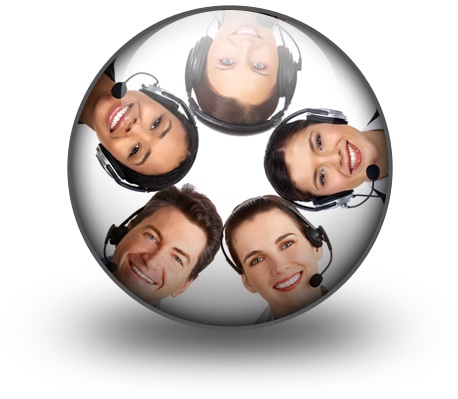
Every one of us has already experienced sitting in a meeting or being on the phone and suddenly thinking of something completely different, drifting away. This usually results in losing the thread of the conversation, feeling bored or uninterested and thus in a disengagement of what is happening.
In order to stay focused on one thing, the working memory in your cortical brain regions is moderately stimulated through a steady stream of dopamine, keeping the gate, which allows information to come in, closed. On the other hand, as soon as the stimulation decreases significantly or if there is a new opportunity or threat (thus a spike), the gate opens, resulting in you being distracted by something else. In short, as long as the amount of stimulation remains above a certain threshold, there is no need for your brain to seek for more stimulation. But when stimulation drops, you are triggered to get more now. (You can read more on this in “Buddha’s Brain” from R. Hanson, 2009; the insights presented here are taken from the book).
5 things you can do to stay alert and concentrated:
1. Ensure you get enough sleep, i.e. take care of yourself. ‘Enough’ depends on your personal factors and environment. It is interesting to note here, that if you are practicing meditation as a method of relaxation for example, 20 minutes of focused meditation can equal 2-4 hours or even more of deep sleep.
2. If you are sitting, sit up in in an erect posture, if you are standing, stand up straight. Your internal network of nerves will tell the brain that you need to remain vigilant and alert.
3. Take a couple of deep breaths; by doing so, the oxygen saturation in your blood will be increased and your brain revived. If you can, you could also take a walk before getting back to work.
4. Stretching your body will also help, even rolling your shoulders, stretching your legs and arms. Tensions will be released, oxygen will circulate and your focus will be established again.
5. ‘Brighten your mind’, infusing your awareness with energy and clarity. Steadily high dopamine levels like from positive feelings prevent drops in stimulation. The more enjoyable and intense your feelings are, the greater the dopamine release and the more concentrated your attention. Just imagine a situation where you were extremely happy and feel what you were feeling. Or imagine giving a big hug to yourself. It sounds funny, but it truly helps, you will see!
No matter where you start, you can become better at concentration, believe me. This will not only help you at work but also when at home and with whatever you will be undertaking.
Looking forward to your thoughts and comments, and thanks for reading! Jenny


